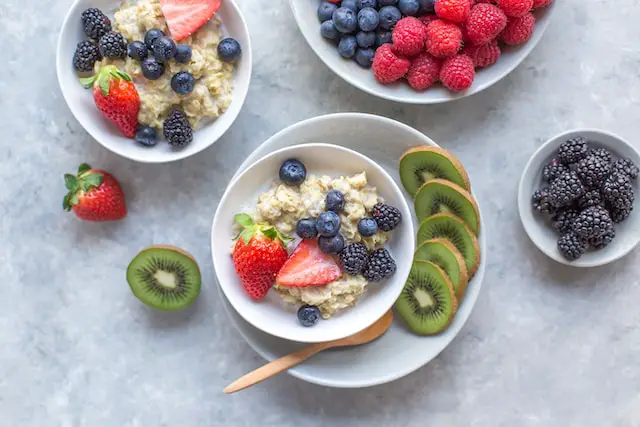Oatmeal is a popular breakfast food that is often touted for its health benefits. It is a good source of fiber, protein, and various vitamins and minerals, including magnesium, phosphorus, and potassium. However, when it comes to people with kidney disease, there are certain considerations to keep in mind.

The kidneys are responsible for filtering waste and excess fluids from the blood, and people with kidney disease have a reduced ability to perform this function. As a result, they must be mindful of their dietary intake to prevent further damage to their kidneys and maintain their overall health.
One of the primary concerns for people with kidney disease is the amount of phosphorus in their diet. Phosphorus is an important mineral that is found in many foods, including oatmeal. However, when the kidneys are not functioning properly, the body may not be able to remove excess phosphorus from the blood, which can lead to a buildup in the body and cause further damage to the kidneys, bones, and other organs.
For this reason, people with kidney disease are often advised to limit their intake of phosphorus. This can be challenging since many foods, including oatmeal, are naturally high in phosphorus. One cup of cooked oatmeal contains approximately 180 milligrams of phosphorus, which is about 25% of the daily recommended intake for most adults.
Despite this, oatmeal can still be a healthy and nutritious option for people with kidney disease, as long as it is consumed in moderation and as part of a balanced diet. Here are some tips for incorporating oatmeal into a kidney-friendly diet:
- Choose the right type of oatmeal. Instant oatmeal and flavored oatmeal packets often contain added sugar and salt, which can be harmful to people with kidney disease. Instead, opt for plain rolled oats or steel-cut oats and prepare them with low-fat milk or water.
- Watch your portion size. A serving of oatmeal is typically 1/2 cup of dry oats, which makes about 1 cup of cooked oatmeal. For people with kidney disease, it’s important to stick to this portion size and avoid overindulging.
- Be mindful of toppings. While oatmeal is a healthy food on its own, adding high-phosphorus toppings like nuts, seeds, and dried fruit can quickly increase your phosphorus intake. Instead, try topping your oatmeal with fresh fruit, low-fat yogurt, or a drizzle of honey.
- Talk to your doctor or dietitian. Everyone’s nutritional needs are different, and people with kidney disease may need to follow different dietary guidelines depending on the severity of their condition. It’s always a good idea to consult with a healthcare professional before making any significant changes to your diet.
In summary, oatmeal can be a healthy and nutritious option for people with kidney disease, as long as it is consumed in moderation and as part of a balanced diet. While oatmeal is naturally high in phosphorus, there are ways to minimize your intake and still enjoy this popular breakfast food. As with any dietary change, it’s important to talk to your doctor or dietitian to ensure that it is safe and appropriate for your individual needs.